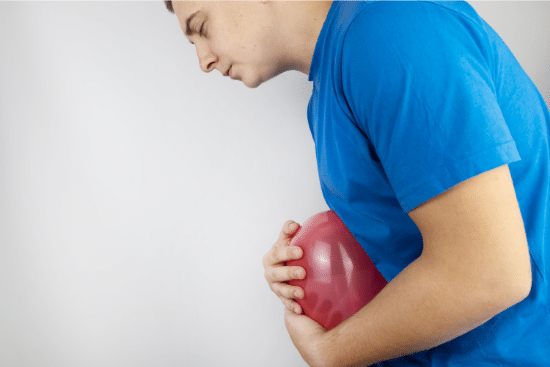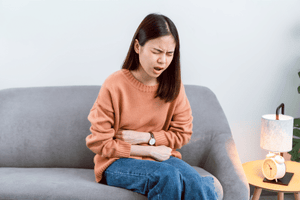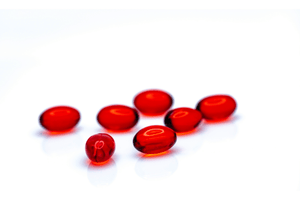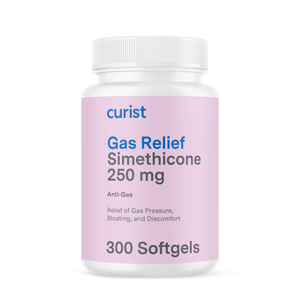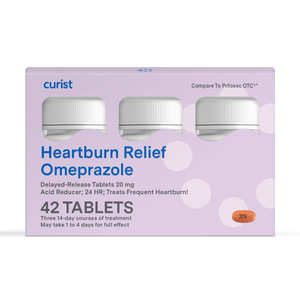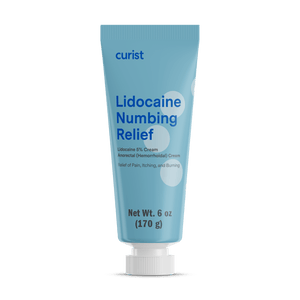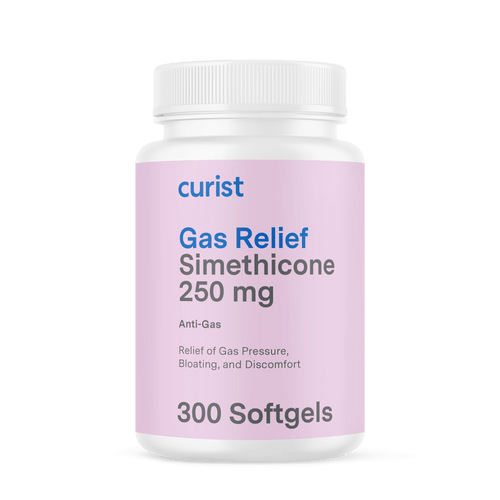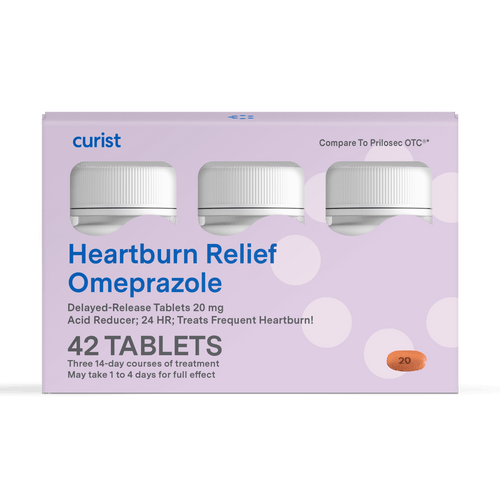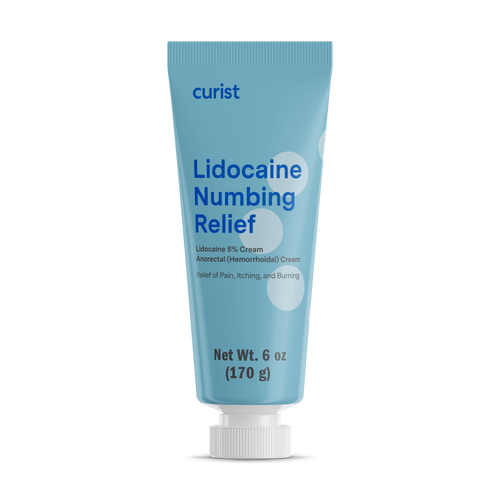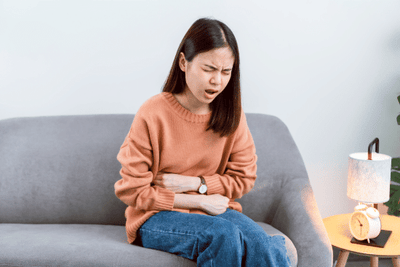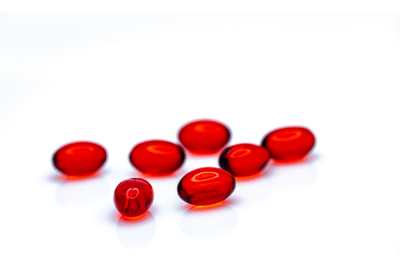Curist delivers over-the-counter medicines to your door at a fraction of the price of traditional brands. We hope everyone stays safe and healthy during this time.
Do COVID-19 Vaccines Cause Gas or Bloating?
There are now several COVID-19 vaccines on the market in the United States that are helping us return to our normal daily lives before the pandemic.
Many people have voiced their concerns regarding the safety of COVID vaccines and their side effects. However, the side effects are minimal and are similar to side effects of other vaccines. In addition, some side effects are signs of a normal immune response and that your body is building protection. These side effects should go away in a couple of days. According to the Centers for Disease Control and Prevention (CDC), common side effects of the COVID vaccine include, but are not limited to:
- On the arm: Pain, Redness, Swelling
- Body Effects: Tiredness, Headaches, Fatigue, Muscle Pain, Chills, Fever, Nausea
The side effects listed above are the most common side effects from the vaccines and most people have not reported signs of excessive gas or bloating after receiving both doses of the COVID vaccines.
Is Excessive Gas A Sign of COVID?
When people have COVID, they can present with a wide variety of symptoms. According to an update from the CDC, symptoms may appear 2-14 days after exposure to coronavirus and symptoms can appear to be anywhere from mild to severe. Some symptoms of COVID-19 include:
- Fever or chills
- Cough
- Shortness of breath or difficulty breathing
- Fatigue
- Muscle Body or Aches
- Headache
- Sore Throat
- New loss of taste or smell
- Congestion
- Runny nose
- Diarrhea
- Nausea or vomiting
The list above does not include all possible coronavirus symptoms, but the CDC is continuously updating the list as we learn more about COVID-19. As you can see from above, having signs of excessive gas such as bloating are not indicative signs of COVID. If you are experiencing signs of excessive gas/bloating, there are several common causes and treatments of excessive gas.
Although gas is not an indicative sign of COVID, some signs of COVID appear as gastrointestinal issues such as nausea, vomiting, and diarrhea. At times, the diarrhea may present with excessive gas such as farting. The farting is more-so associated with the diarrhea from COVID. Therefore, if you are experiencing excessive gas with diarrhea, along with other symptoms listed above, you may want to reach out to your healthcare provider for further care or see if a COVID test is needed.
Is Excessive Burping a Sign of COVID?
As noted above, COVID presents with many different signs and symptoms. A majority of the common symptoms are listed above, and it is not common to see signs of excessive burping if you have COVID. If you are experiencing excessive burping, the common causes could be swallowing air when eating, eating too fast, chewing gum, or smoking. Some fixes could be to slow down while eating and chewing, reduce the amount of gum you chew, or reduce smoking.
COVID and Excessive Gas: What Is The Best, Safe Treatment?
If you have COVID and are experiencing signs and symptoms of excessive gas, you may be wondering what treatments you can take to ease the pain. Currently, there have not been any contraindications to any over-the-counter gas relief medications. One of the best options to treat gas is taking Gas-x. Gas-x acts as an anti-foaming agent to reduce gas bubbles in your stomach. If you feel that your gas symptoms have been occurring longer than a few days, reach out to your healthcare provider for further care.
